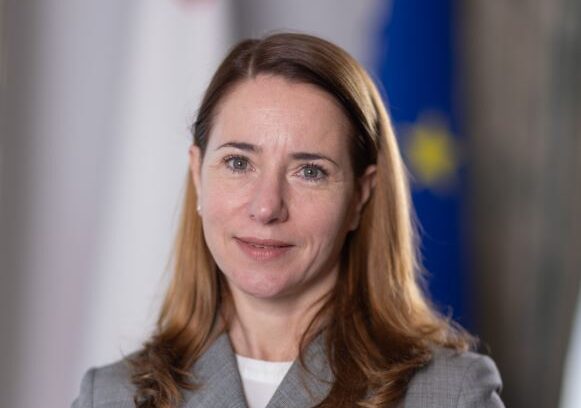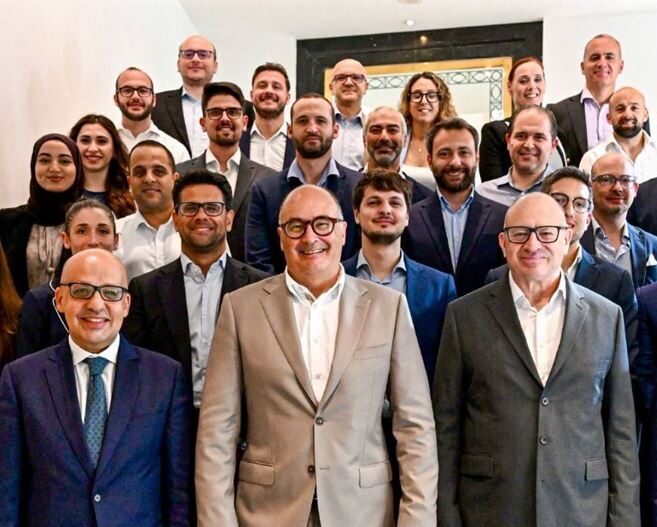Three in every four businesses report that they are struggling to keep up with rising salary demands while facing difficulty in the recruitment of experienced and qualified personnel, according to a new survey by market insights firm misco.
The new Salaries and Benefits Report, which includes a survey on HR developments conducted in partnership with the Malta Employers’ Association, sheds light on the challenges faced by businesses with regard to human resources.
Joanne Bondin, Director at misco, states that these observations “confirm trends observed in previous years, reaffirming that the pressure to retain staff remains a complex issue encompassing talent availability, compensation, and the search for individuals possessing the necessary skills and qualifications.”

Salaries rose across all sectors in Malta, with the average increase amounting to 5.4 per cent.
Sales and marketing positions saw the highest average increase at 6.7 per cent, followed by IT positions (6.6 per cent), finance positions (5.3 per cent), and positions in legal and compliance (4.4 per cent).
The report covers 132 job categories including management, executive, clerical, and technical positions across diverse companies. “Most importantly, the report’s primary use is for management to align their compensation strategy with market trends and offerings in order to attract, retain, and motivate employees,” explains Ms Bondin.
Based on four months of extensive research into compensation packages across various industries in Malta, the report finds that employers have been offering competitive wages to attract and retain talent.
“Employers seem willing to pay competitive wages to attract and retain talent especially when finding resources is more challenging,” says Ms Bondin.
“This rapid wage growth can cause inflationary pressure and trigger a cycle where rising wages push up production costs for businesses. This, in turn, leads to higher prices for goods and services, prompting workers to demand even higher wages, and businesses respond by raising prices again to cover their increased labour expenses.”
“Within this scenario, one would expect companies to cut down on expenses and recruiting however, every sector continues to experience a lack of available talent. This shortage has made organisations increase salary packages, offer more benefits and go to extraordinary lengths to offer flexibility and retain their employees, which in turn is bolstering inflation,” she added.
In fact, the misco report highlights how trends in employment benefits have also evolved and whilst health insurance payouts decreased by 21 per cent, car allowance benefits increased by 20 per cent, life and personal accident benefits surged by 40 per cent, and communication benefits payouts saw a notable 19 per cent increase.
The HR survey meanwhile notes that a significant change has been observed in the perceived primary strategic goals for the HR department, with most organisations (75 per cent) now perceiving the HR function as one that offers support to the broader leadership team in overseeing their workforce, rather than solely focusing on staff retention.
“This report continues to showcase the evolution of the HR function in Malta and the insights it offers into the employment landscape are helping HR practitioners and company leaders understand better the primary challenges and issues confronting businesses,” added Ms Bondin.
The HR report also identified the primary challenges faced by HR departments, namely establishing a performance management system (45 per cent) and the perception that management still undervalues HR’s potential (42 per cent).
Interestingly, there’s been a notable drop (19%) in mentions of resource shortages, indicating HR’s growing role within organisations compared to the previous year.
Notably, some organisations reported experiencing higher staff turnover (36 per cent), prompting an increased reliance on foreign workers and improved compensation packages. The utilisation of third-country nationals in fact saw a surge in 2023, leading to a reduction in the recruitment of Maltese nationals compared to the previous year.
Alison Micallef appointed CEO at Malta Development Bank
She steps into the new role effective immediately.
Impact beyond profit: CSR in Malta is a must in 2025
Nowadays, corporate social responsibility can no longer take a backseat in your business's vision.
Malta’s private equity sector urged to seize opportunities at high-level CEO seminar
Panellists highlighted Malta’s potential as a destination for private capital, citing its English-speaking workforce, regulatory accessibility, and strategic location.
Ronald Attard takes on expanded role as Managing Partner for Risk Management at EY Europe Central
He has built experience in management accounting, corporate finance, and mergers and acquisitions.









